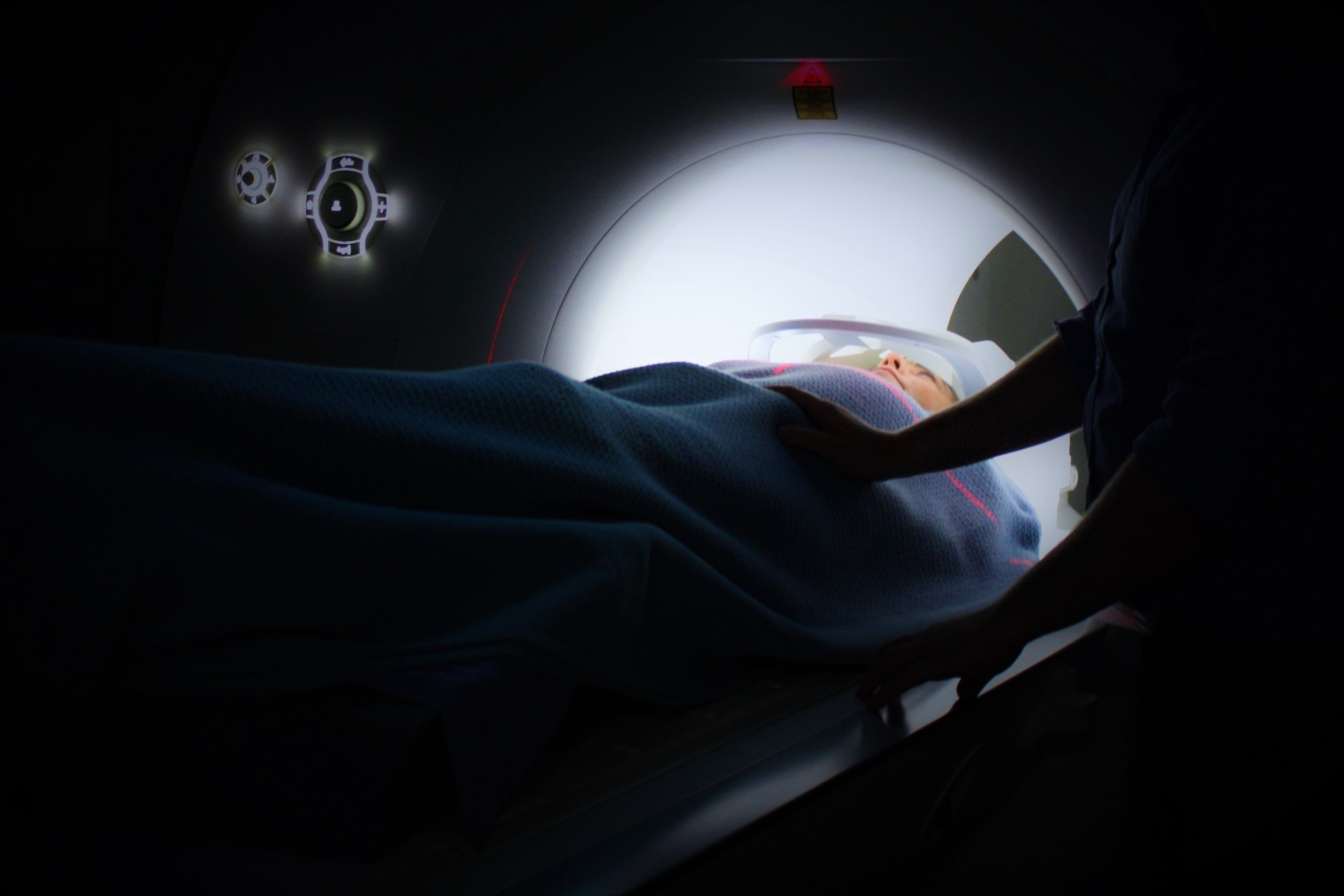
Personal Injury Series – Traumatic Brain Injuries
March 23, 2018
This is the first post in our ongoing personal injury blog series where we will be exploring common issues that arise in personal injury litigation as well as exploring related issues. This week, we review traumatic brain injuries.
What is a Traumatic Brain Injury?
A traumatic brain injury (or “TBI”) occurs when an external force injures the brain. These types of injuries are classified based on their severity, how they occur, or other features (such as whether they affect one area of the brain or the whole brain)
Traumatic brain injuries are distinguishable from head injuries, which are part of a broader category of injury that involve damage to other areas such as the scalp or skull. Traumatic brain injuries can have a wide range of symptoms, from physical to behavioural, as well as emotional and cognitive symptoms.
Traumatic brain injuries are a major cause of death and disability, especially in children and young adults. The severity of these injuries makes it important to understand is what to do if such an injury is sustained, and what you can do to recover financially from such an injury.
How do Traumatic Brain Injuries Occur?
Motor vehicle accidents are a common source of traumatic brain injuries. If a vehicle is significantly rear-ended, people often experience whiplash and, if the car is hit with enough force, there can also be a brain injury. In severe impacts, the head may hit the headrest forcefully, which can cause the brain to hit the inside of the skull. This type of injury can happen in any type of motor vehicle accident, not just from a rear-end, and not just in a car.
Another common cause of traumatic brain injuries is a major fall, where the head hits a surface or an object. Examples include falling from a ladder, falling down the stairs, and tripping and hitting your head on the ground or hitting your head on a solid object.
Sports are another common source of traumatic brain injuries, particularly in athletes whose activities make them susceptible to concussions.
Violence is also another common source, not just the violence in sports (like boxing or mixed martial arts), but domestic violence or assaults.
What to Look for After an Accident
The signs or symptoms of a serious or traumatic brain injury are not necessarily immediately obvious, even to medical professionals who are treating the injured person. However, these types of injuries can have significant long-term consequences, even if they are not initially considered serious.
Some of the signs or symptoms of a brain injury include:
- Short-term memory loss;
- Headaches;
- Changes in mood or personality;
- Difficulties with focus and concentration;
- Changes in hearing, taste, or smell;
- Issues with vision;
- Dizziness;
- Confusion or disorientation;
- Nausea and vomiting;
- Weakness or numbness in fingers and toes;
- Loss of coordination;
- Convulsion or seizures;
- Slurred speech;
- Fatigue; and
- Word-finding difficulties.
Some of these symptoms may appear right away, while others may take time to develop. If you see some of these signs, you should consult with a doctor for further diagnosis.
What Should I Do If I Have Suffered a Traumatic Brain Injury?
In the realm of litigation, traumatic brain injuries are considered a serious personal injury
The severity of injuries will affect the amount of compensation one is entitled to and likely to receive. When injuries are serious, they can often be life-changing, resulting in a loss of income, loss of prospective income, significant expenses for ongoing care and rehabilitation, as well as pain and suffering. Obtaining damages through a personal injury action can help cover these costs.
If you have suffered a traumatic brain injury that is the result of an accident or the negligence of another party, you may have a claim for damages. A serious personal injury lawyer can help you get the compensation you deserve, no matter who you believe is responsible for your injuries (i.e. an individual, a business, a municipality, etc.).
A personal injury lawyer can also help arrange appropriate medical treatment until your condition improves.
The first step in a claim is to consult with a doctor or to get treatment. Treating your injuries is the most important thing you can do following an accident. In addition, consulting with a physician as soon as possible may also be helpful in preserving your right to file a personal injury claim should you choose to do so and will provide you with important documentation that you may need if your lawsuit progresses.
Once you see a doctor, get in touch with a lawyer as soon as possible to determine what your options are and whether you have grounds for a personal injury claim. Not all injuries will result in a lawsuit. There must be someone else at fault in order for a claim to be made, whether it was due to someone’s negligence (such as a city, store, restaurant or other property owners who have not cleared their icy resulting in a slip and fall) or someone’s deliberate actions (such as an assault), there needs to be someone at fault.
If there is a party who might be liable or responsible for your injuries, an experienced lawyer can help you determine what step you want to take.
Traumatic brain injuries can have life-changing consequences. If you have been in an accident or have otherwise been injured due to the actions of someone else, and think you may have suffered a traumatic brain injury, you may be entitled to significant damages. The experienced and compassionate lawyers at HMC Lawyers have dealt with all types of serious personal injury cases, and know how to get you the compensation you deserve. Contact us online or call 1-800-480-3534 to make an appointment. With offices in Calgary, we represent professionals in Calgary, throughout Alberta, and across Western Canada.
